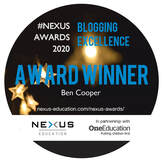|
The Antecedent-Behaviour-Consequence (ABC) Model is a tool that can help teachers examine behaviours. It breaks down the examination into the triggers behind those behaviours, and the impact of those behaviours. If a child wants attention (antecedent), they may shout out in class (behaviour). This results in them being spoken to about not shouting out (consequence). Without realising, the teacher has provided the child with their desire for attention. However, by understanding and identifying the antecedent or trigger, you can indirectly encourage positive behaviour. Sometimes, it is the small things we do and say, the antecedents, that can make all the difference!
2 Comments
Having an open mindset is the belief that this is simply not true. It is the belief that just like your muscles, you can train, refine and grow your brain and increase its capacity for information and skill acquisition. Growth mindset has been another buzzword floating around for the past 10 years in education, but what does it actually mean and how do you develop a growth mindset in your classroom? It sounds complicated but actually, you can grow children's mindset organically and subtly, by making a few small tweaks to your day to day teaching.
Incase you missed it, we shared 25 top teaching tips for advent via our Social Media accounts. For your ease we have listed all of them below in one festive blog for you to refer back to any time you like. You are more than welcome! As always, please do get in touch with any pictures, videos or comments on how you used these tips in your classroom. We love hearing from you! We hope you had a very Merry Christmas and a Happy New Year!
Think about the following statements: You can learn new things but you can't really change your overall intelligence. Your intelligence is just like your foot size or eye colour, you can't really change it too much. If you tend to agree with these, then you probably lean towards having a closed mindset. A belief that your intelligence is determined by genetics and you are born with a certain capacity of information. Having an open mindset, on the other hand, is the belief that this is simply not true. It is the belief that just like your muscles, you can train, refine and grow your brain and increase its capacity for information and skill acquisition.
Growth mindset has been another buzzword floating around for the past 10 years in education, but what does it actually mean and how do you develop a growth mindset in your classroom? It sounds complicated but actually you can grow children's mindset organically and subtly, by making a few small tweaks. Students fall out and make mistakes but resolving them can be both frustrating and time-consuming. Disagreements can appear resolve but reappear a few days or weeks later. Clear communication with both pupils and parents is key to ensuring disagreements and problems are resolved quickly, for good! Here are my 5 top tips for resolving student conflicts.
During day to day teaching, with there being so much focus on progress and learning, it is really easy to forget who your children are as people. Developing a humanistic classroom sounds complicated but it is simply about understanding each child's personality, how they like to learn and celebrate their individuality with lessons. In turn, it can have a positive impact on your students learning too! Here are my top five tips for creating a humanistic classroom.
Questioning is key to learning and language development not just in Literacy but across the curriculum. However, Many parents and educators are unsure how to stimulate children’s oral language development in play and reading. One good method, often used in Speech development, is “levels of questioning”. These “levels of questioning” were developed by Blank, Rose and Berlin (1978). The questions move from concrete to abstract.
Feeling stressed because your children take too long to transition? Feel like you can't get through your full lessons? Smooth classroom routines can save you time, stress and worry simply by allowing children to understand various classroom expectations. Here are my top five classroom routines you need to perfect to make your life easier!
Ben Parr has released this short video via Big Think with a focus on the psychology of attention. He identifies three types of attention: immediate, short, and long. To capture someone's attention you have to see these three as stages into a person's subconscious. But how does this translate into the classroom?
Sometimes the smallest things we say and do as teachers can have the biggest impact on children and their learning. More often than not, it is the things that teachers have always said like 'Do you understand?' and 'What is the answer?' that can actually have a negative impact on certain children. By making slight changes to the things we say, we can actually allow children to develop in a far more positive and focused way. Here are our top 5 things you should say more of in the classroom!
|
SearchWith a keen interest in the neuroscience and psychology of learning, WAGOLL Teaching is about sharing research alongside great, simple teaching ideas to a global teaching community.
Ben has been in education for over 10 years and is passionate about simplifying high quality teaching and learning through innovative and practical approaches in the classroom. sUBSCRIBE |
|
Who are we? |
With a keen interest in the neuroscience and psychology of learning, WAGOLL Teaching is about sharing research alongside great, simple teaching ideas to a global teaching community.
|
All copyright reserved ©.
I would like to remind all visitors to this website that all pages on this site are copyright protected, unless stated. Most importantly, this site is for the use and enjoyment of all children, parents, guardians, carers and teachers who are involved in WAGOLL Teaching. Please use the resources/ideas as you need without replicating them for your own gains.
I would like to remind all visitors to this website that all pages on this site are copyright protected, unless stated. Most importantly, this site is for the use and enjoyment of all children, parents, guardians, carers and teachers who are involved in WAGOLL Teaching. Please use the resources/ideas as you need without replicating them for your own gains.


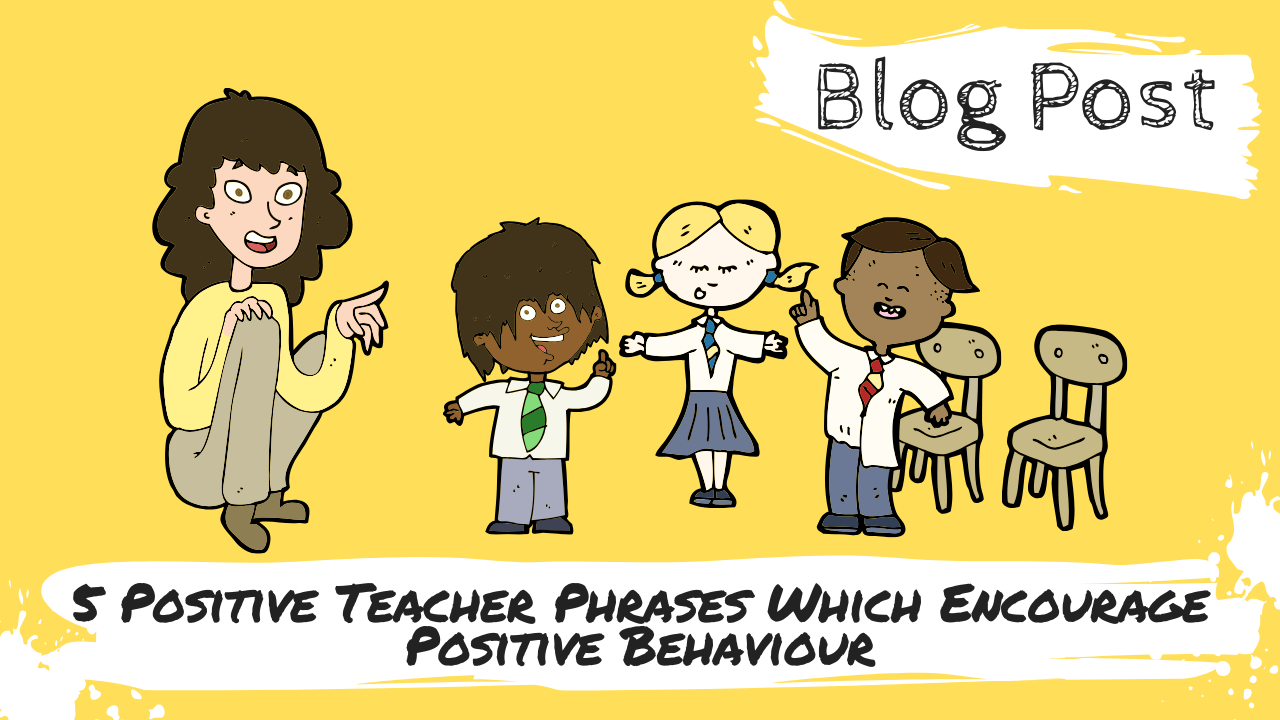
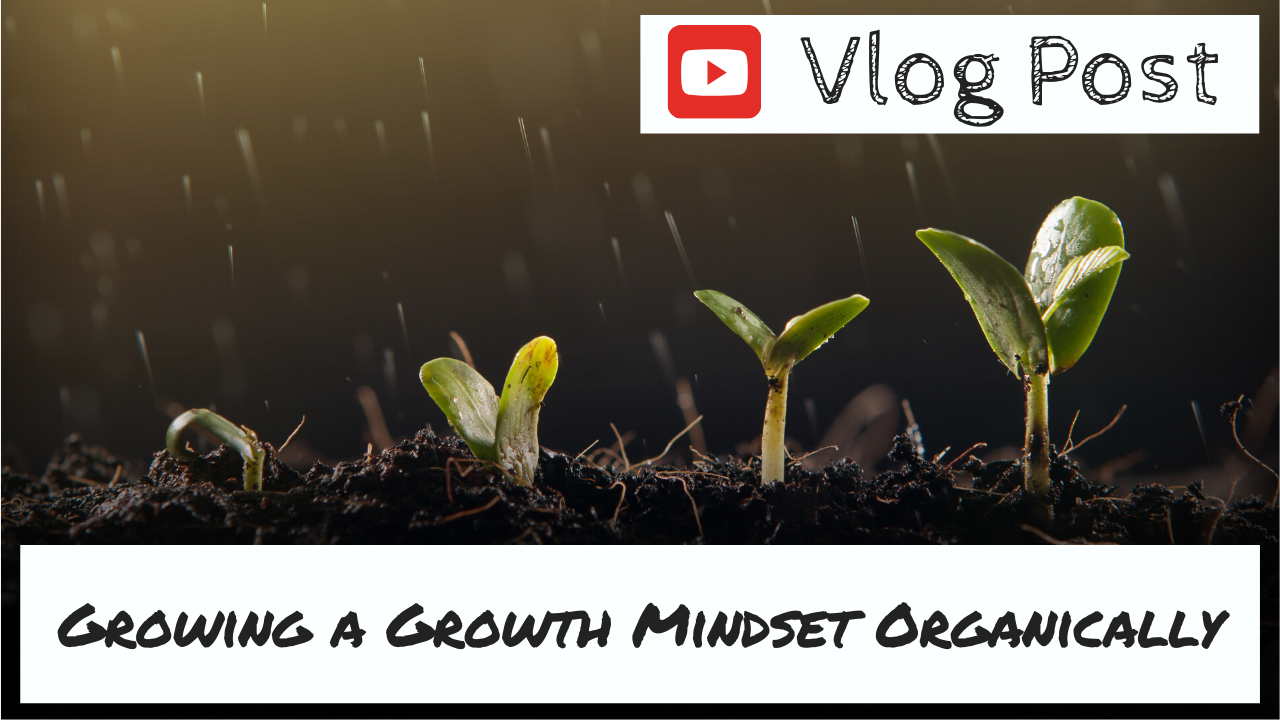

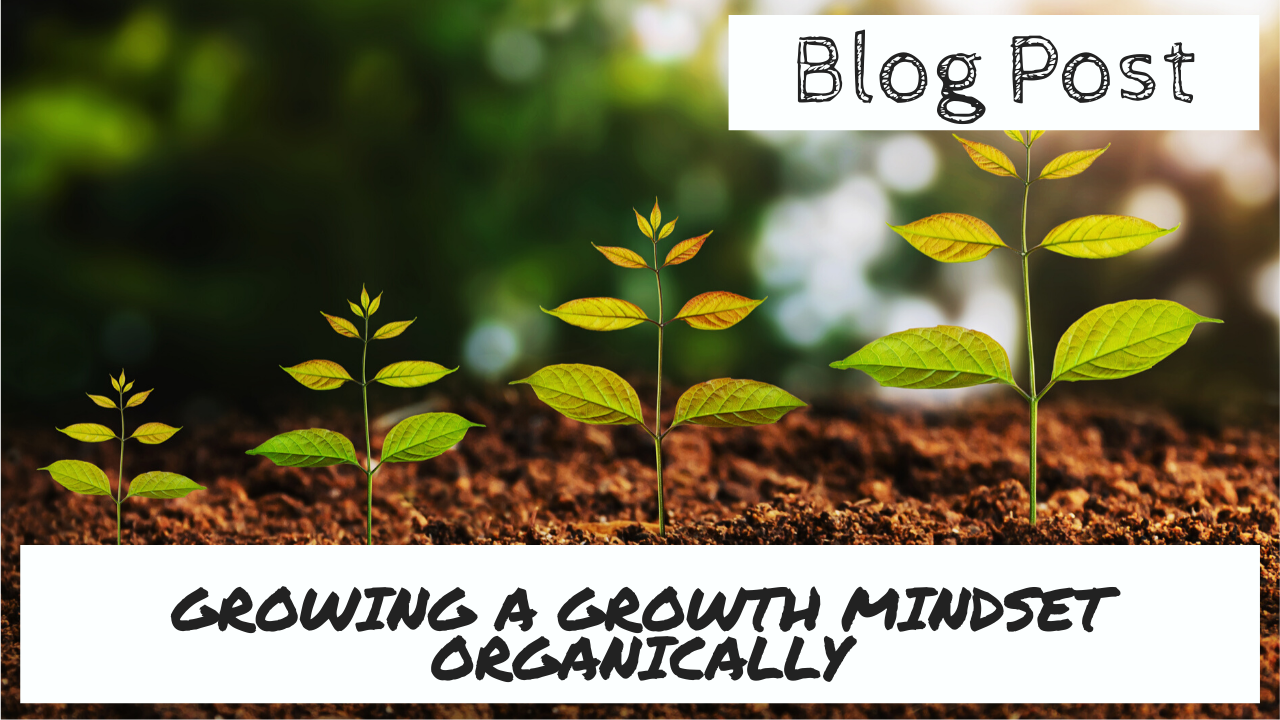
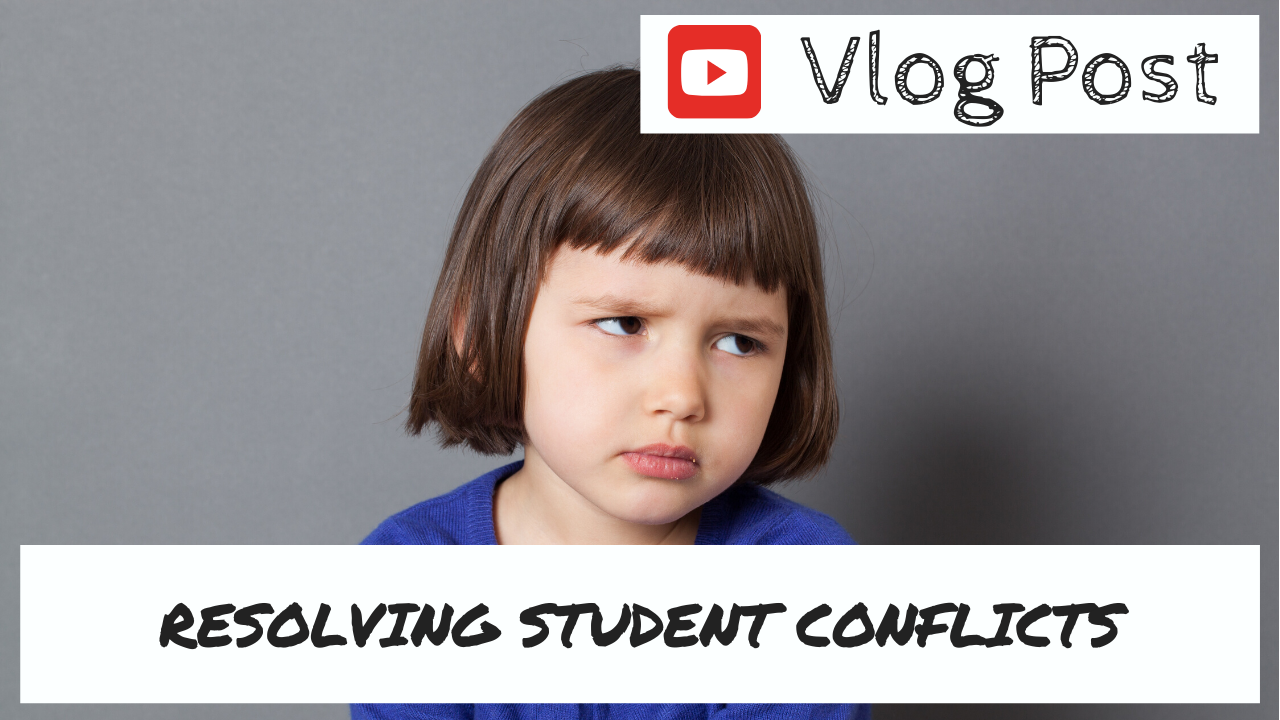


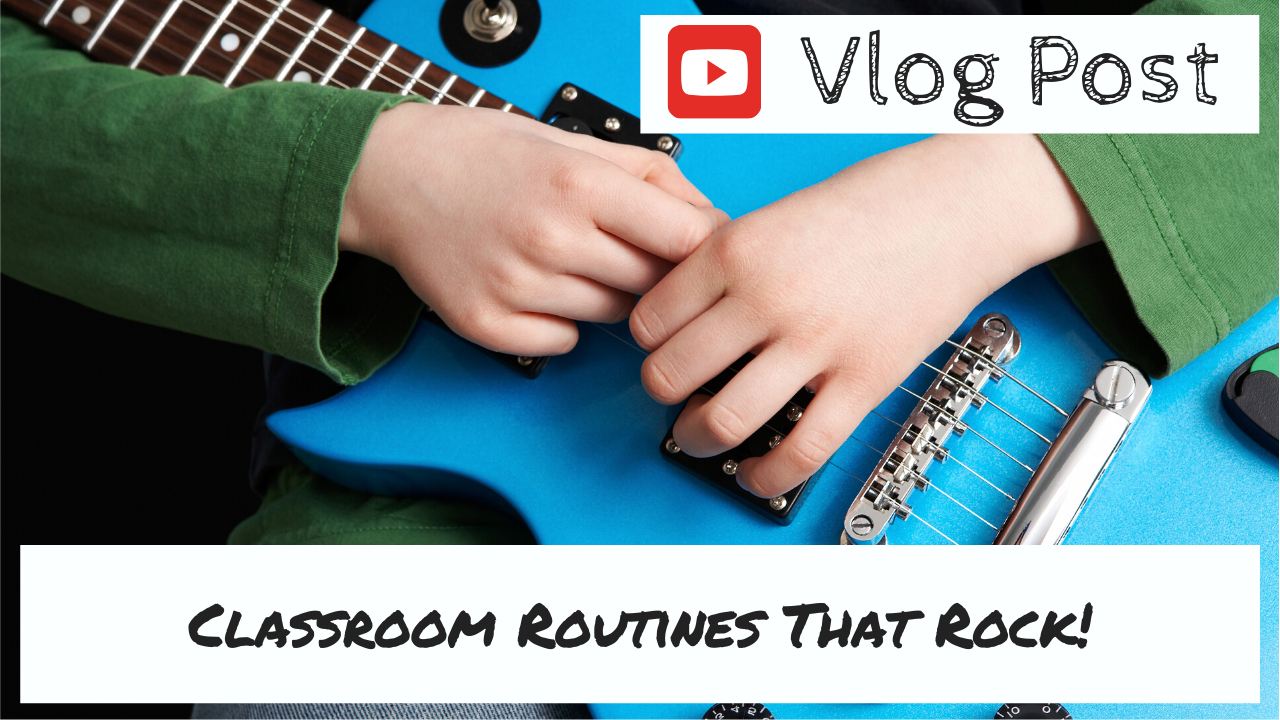
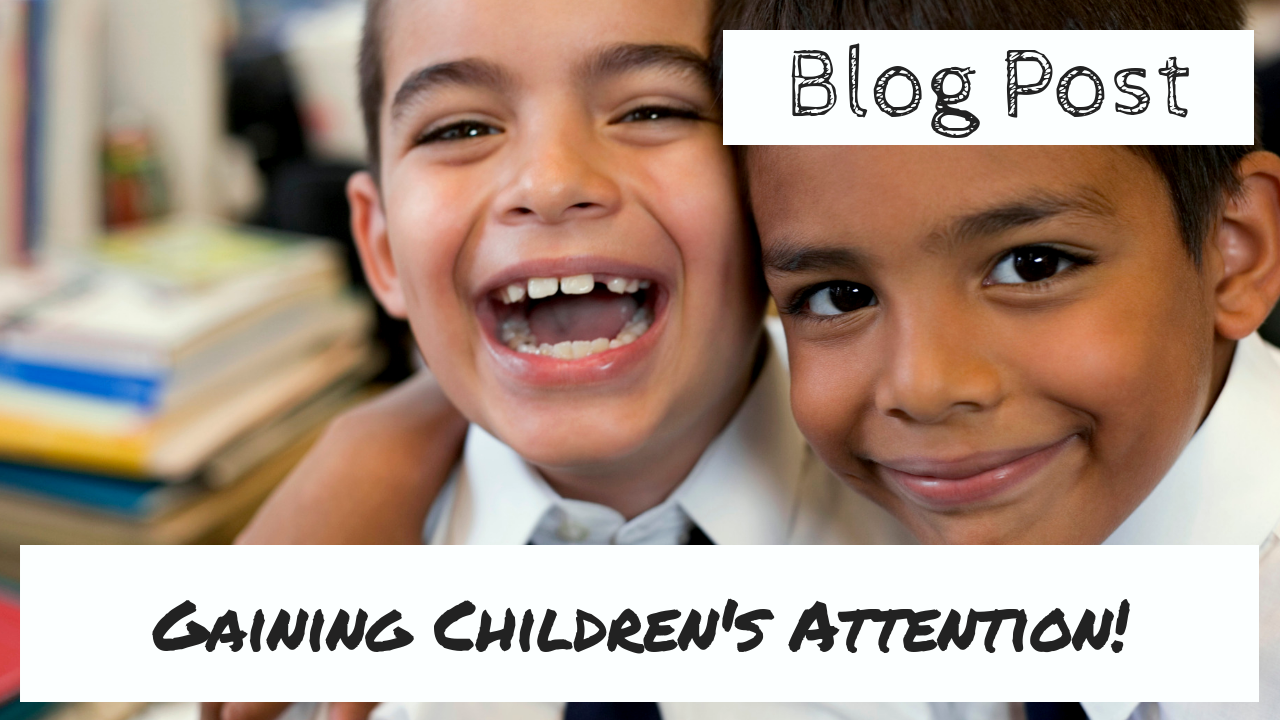
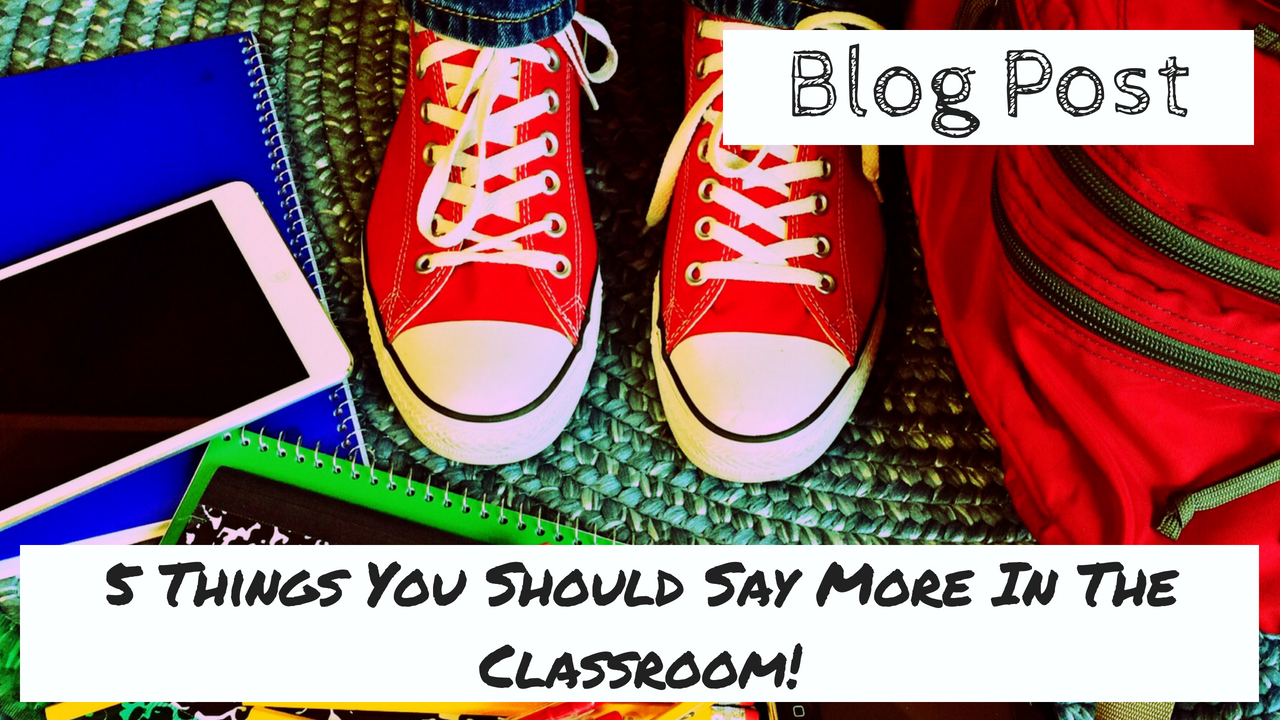





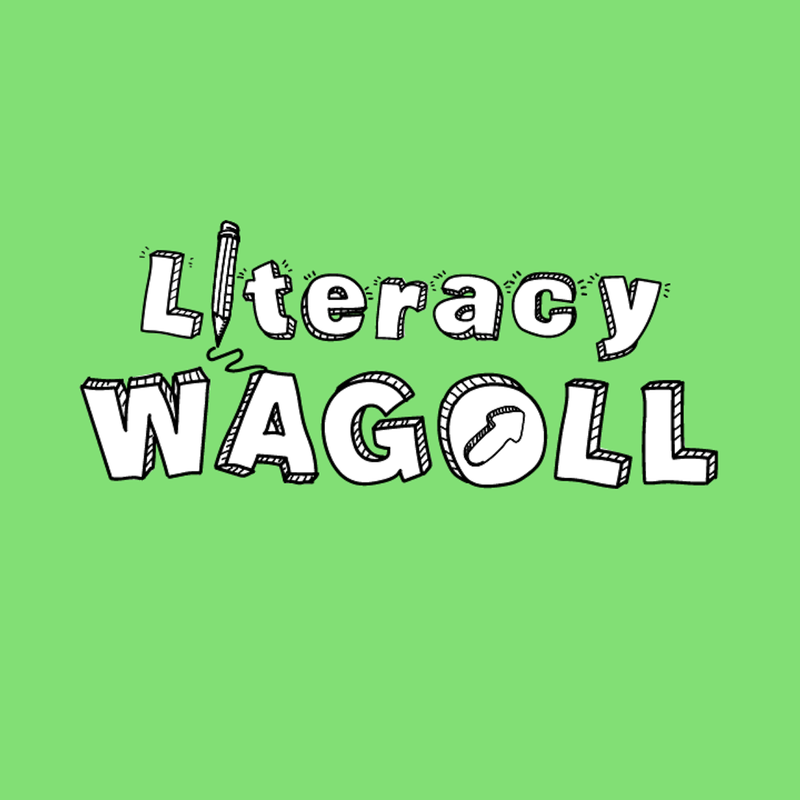
 RSS Feed
RSS Feed

